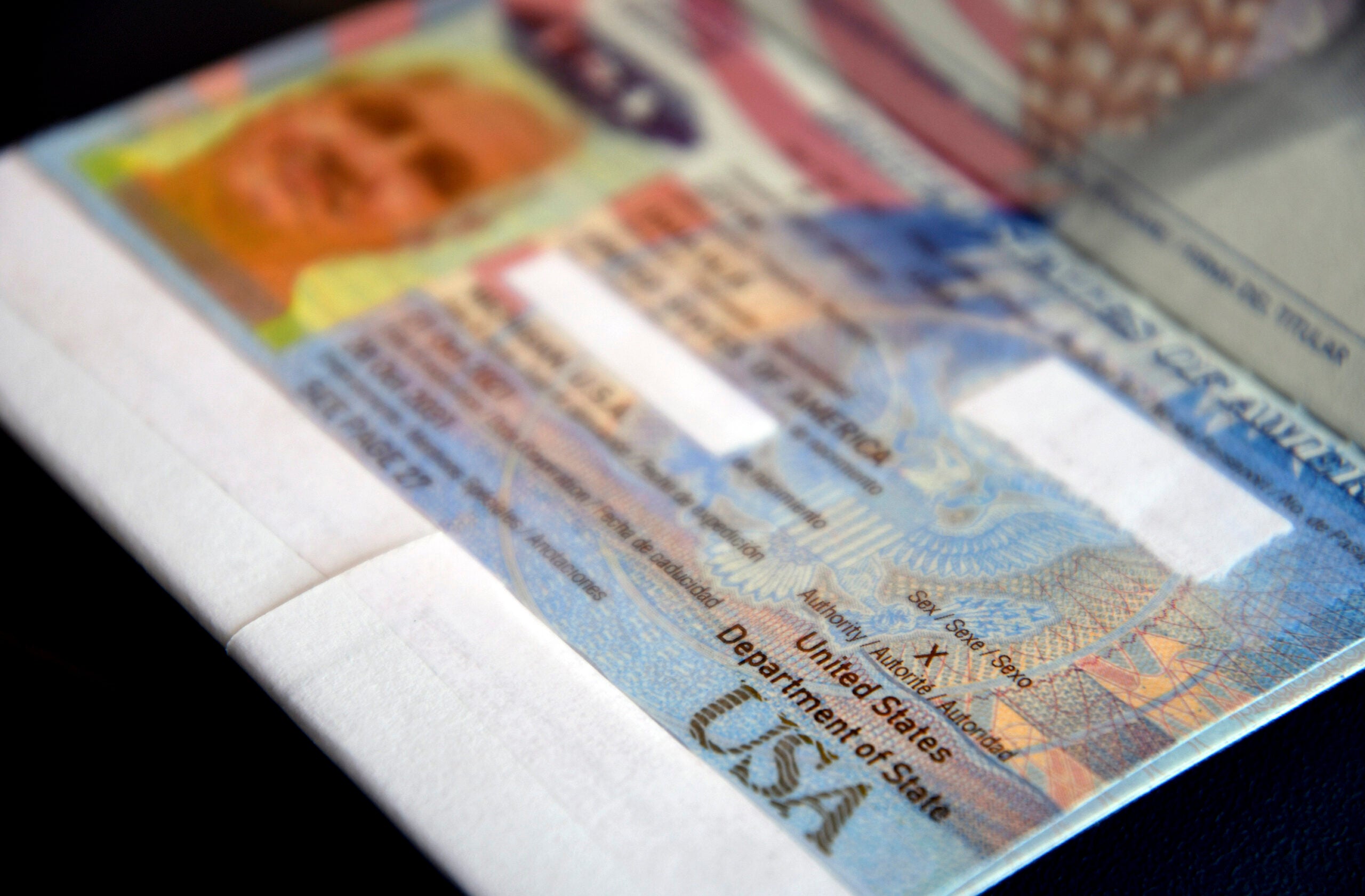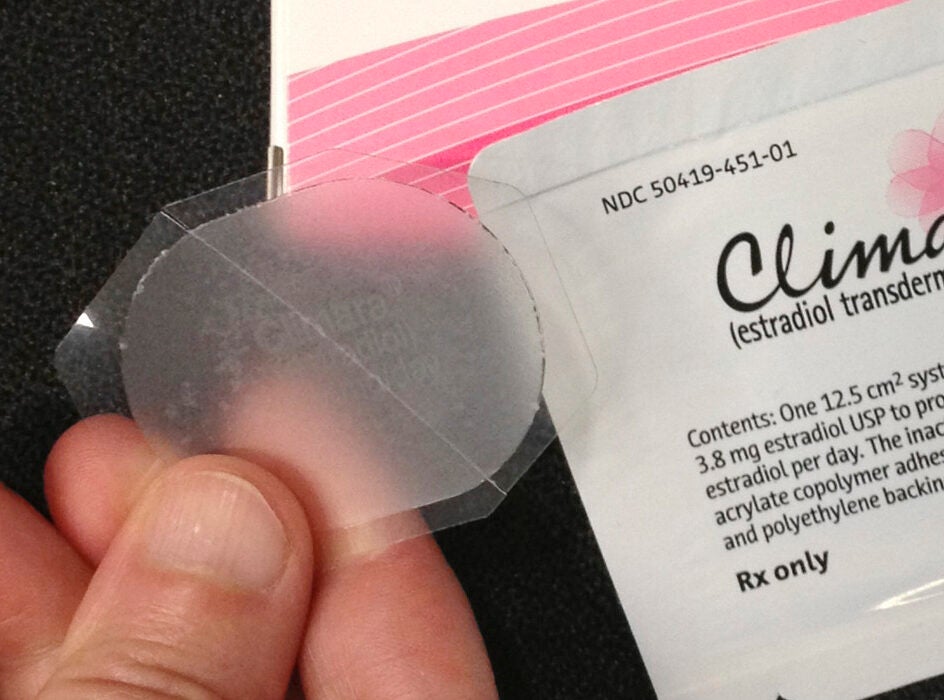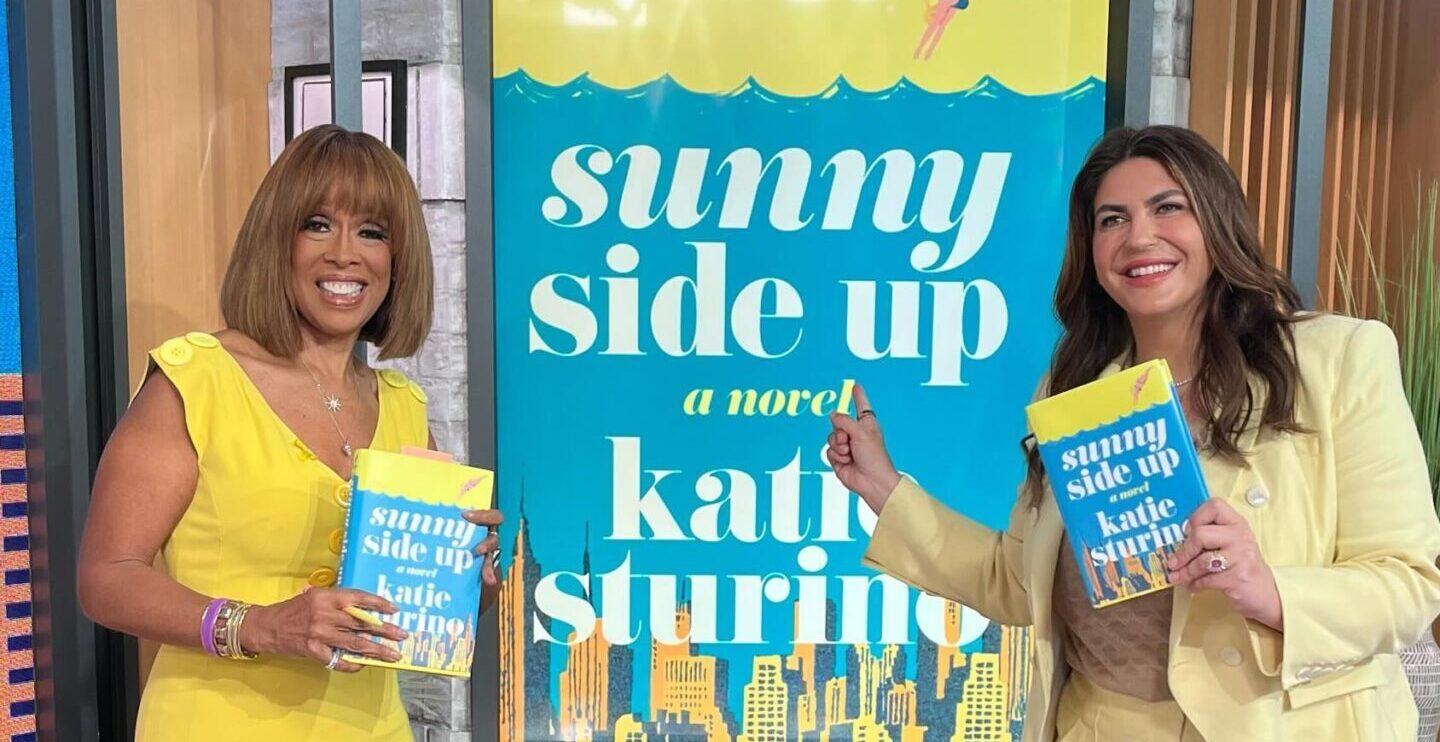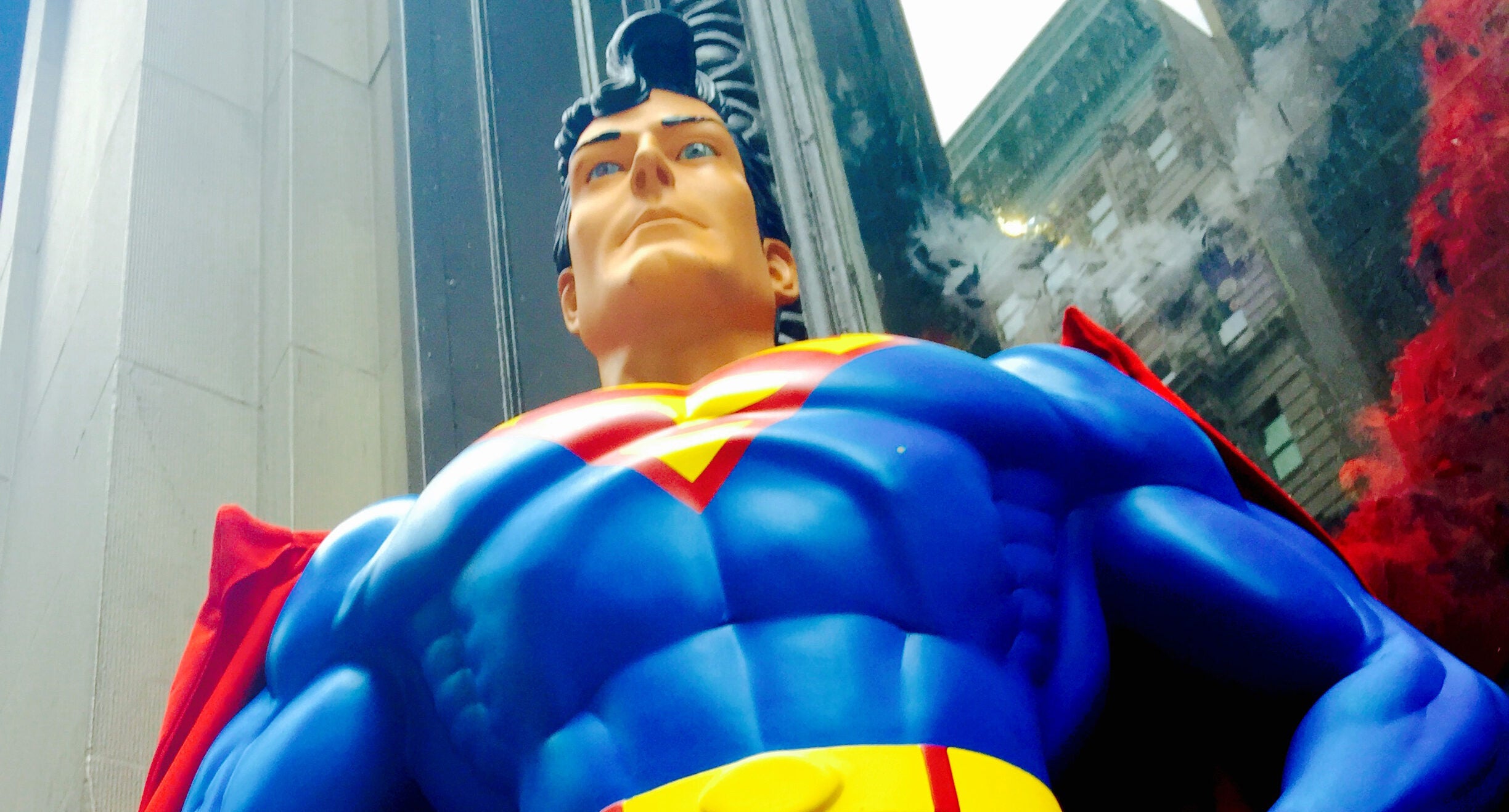Jessi Kneeland, a fitness trainer turned body neutrality coach, suggests that aiming for a neutral stance toward one’s body — rather than unconditional love — might be more realistic and attainable for many of us.
“Body neutrality, as I define it, is the process or ability to strip away all of the added meaning, significance, moral judgment, all of the interpretation and everything from your body or your appearance, so you can just see it for what it is, which is morally neutral,” Kneeland told Angelo Bautista for “To The Best Of Our Knowledge.”
“You can have a reaction to it, you can have a preference, you can have a feeling about it, but it doesn’t have power over you — the way that people who are struggling with body image issues often feel like their body or appearance has a lot of power over them.”
News with a little more humanity
WPR’s “Wisconsin Today” newsletter keeps you connected to the state you love without feeling overwhelmed. No paywall. No agenda. No corporate filter.
In the conversation with “TTBOOK,” Kneeland explains the history of the body positivity movement and how we can reconcile the politics of celebrating all bodies with the need for kindness with ourselves at the individual level.
This interview has been edited for clarity and length.
Angelo Bautista: With all the distress and anxiety around body image, we hear a lot about body positivity, loving your body. Every body’s beautiful, every body’s perfect the way it is. Your body’s a temple. These don’t sound like bad messages, but are there negatives to body positivity?
Jessi Kneeland: The body positivity movement started as a sociopolitical movement. It’s rooted in the fat activism of the 1960s. It was always intended to fight for the rights and dignity of people in marginalized bodies, and in particular people in fat bodies. And that would be things like changing policy and anti-fat discrimination and protecting people in marginalized bodies. I’m all for that. That fight is still happening.
But body positivity kinda went mainstream — especially in the social media space — over a decade ago. And at that time, the message switched pretty dramatically from, “We need to protect people in marginalized bodies,” to “Everybody should overcome whatever issues they have and love themselves unconditionally.” And there isn’t anything innately wrong with that idea, except for the fact that it totally took a sociopolitical message and made it a personal problem. It’s like this “pulling yourself up by your bootstraps” idea around body image. Like, I should just not care if people are discriminating against me.
But it also doesn’t feel realistic for most people. And so in that way, it often just breeds more shame and feelings of failure. So it’s like another unrealistic standard for a lot of people.
I just can’t really support anything that’s going to make you feel worse about yourself, even if it was intended to make you feel better about yourself. So if you can love your body unconditionally and just feel amazing about it all the time, that’s awesome. I have nothing against that, but most people can’t. I think setting that as like the gold standard just makes a lot of people feel like they’re failing on a whole new front. Not only do they not look the way they want, but they also don’t accept themselves enough or love themselves enough.
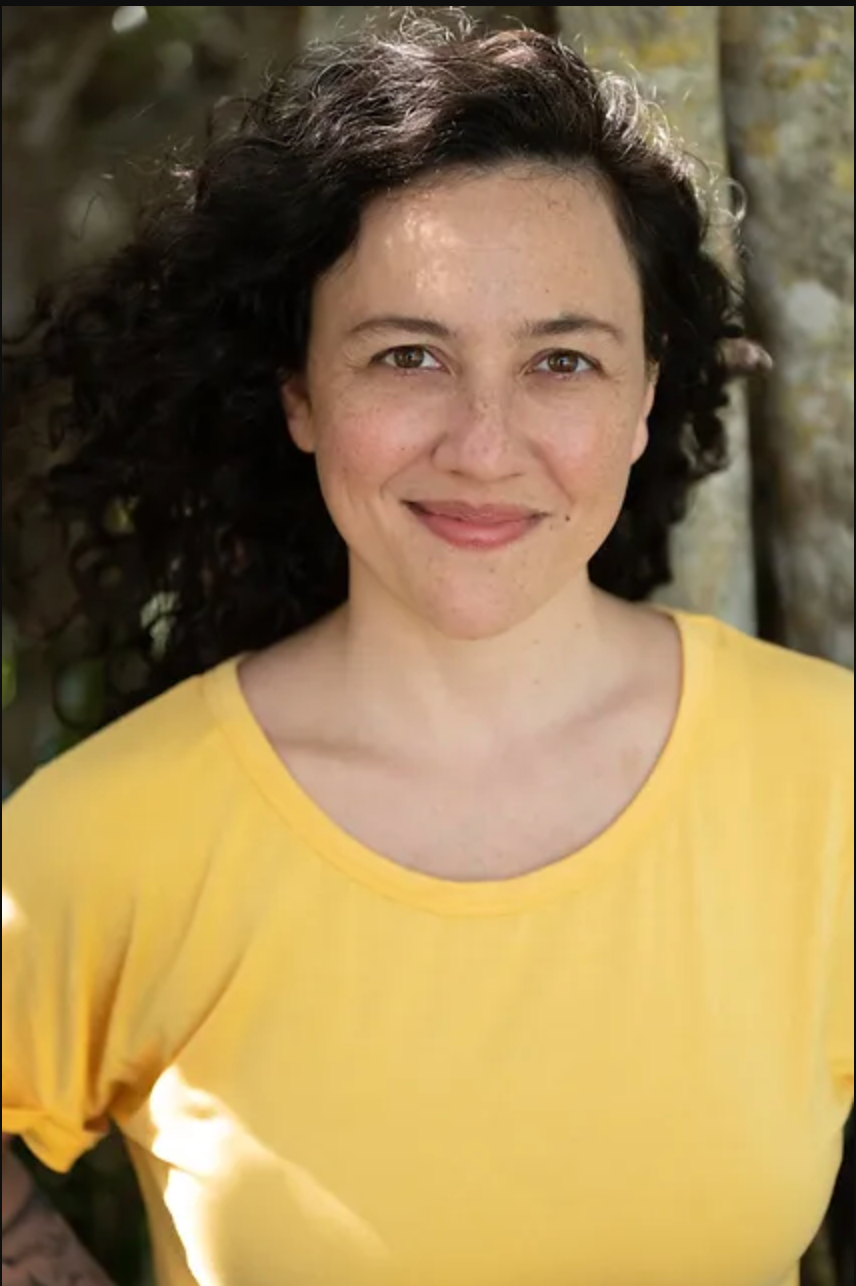
AB: You write that all body image issues are built upon these moral and social hierarchies that we have about our bodies. Can you give an example of how these hierarchies play out?
JK: So the most classic one would be conventional beauty and body ideals. They’re very distinct and binary, very much around masculinity and femininity. I mean, we could just talk about that as one hierarchy, but honestly, that’s a million if you really break it down.
What happens a lot of times is people don’t just suffer over one hierarchy, right? They’re not like, “Oh, I just don’t fit the ideal.” They’re like, “I don’t fit the ideal in these 25 ways. My hair isn’t the right way. My shoulders are the wrong shape. My belly is too big.” We go through and there’s all these little hierarchies built into each one, and that’s what causes the suffering.
I had a woman who couldn’t get pregnant or couldn’t stay pregnant. She didn’t think, “Oh, my uterus is ugly,” right? But she just hated her body because there was this feeling that it was being bad, that it was broken or wrong. And so she ended up hating how her body looked, because that was what’s accessible in the mirror — you can’t see your uterus. So she ended up with all of these body image issues that really came down to a hierarchy, which is like, “I’m not woman enough.”
AB: There’s a chapter in your book where you explore the one big lie that every single person with body image issues — which is everyone — believes. What is the big lie?
JK: The big lie is that your body is your problem, that your source of suffering is your body or your appearance. And you literally cannot have body image issues if at least some part of you does not believe that lie. It’s kind of like this red herring or ruse.
The purpose of trying to look a certain way is to, let’s say, meet an emotional need. Let’s say you are lonely and want deeper connections. And so you’re like, “OK, if only I could look a certain way, I would get that need for connection met.” That doesn’t work if you don’t believe that the reason you don’t have those connections is because you don’t look good enough.
So part of the job of body neutrality is to start poking holes in that by encouraging you to go get those needs met in the body you have now. And all of a sudden, the ruse starts to crumble. It’s not very useful to think, “That’s impossible. You can’t get that. Stop wanting that.” But what is effective is learning how to dismantle that belief system by taking action and seeing it be disproven.
AB: But instead, I think what we’re presented with is the option of, “Well, what’s easier? Thinking the problem is my body and fixing it myself, or trying to dismantle this big foundational lie on which a lot of society is built upon?”
JK: Absolutely. And that’s one of the reasons that the lie is so effective, too. We don’t like to feel helpless. So there is a very valid reason to blame yourself and your body for bad things that happen to you, because it almost gives you hope: “Well, if only I could change my body, then bad things wouldn’t happen to me anymore.” It doesn’t work.
Listen, if someone cheated on Beyonce, I think we can safely assume that nobody gets through this life without problems, right? Like, if you imagine that your partner would never cheat on you, if only you looked a certain way, that is not a guarantee.
So there’s a lot of stuff that we kind of take on, and it almost feels like empowerment, even though it totally tortures us. We think, “Well, if I make this my problem and it’s something I can change, then all I have to do is change it.” If you’re like, “Oh, it’s society’s problem, and I’m just going to have to face discrimination for this thing and live in fear of bad things happening,” that’s a lot bigger of a task and it overwhelms people and it makes them feel really out of control. So yeah, that’s a huge reason that we hold onto this story too.
AB: Is there a particular story that you have with a client that helps to illustrate what the body neutrality journey looks like?
JK: So many. I will tell a bit of an amalgam, because I think this story is so, so common. And I’ve had many clients go through something very similar.
So a client who has really, really negative associations with their body. They look in the mirror and they feel disappointed, or they feel panicky, or they’re dieting all the time and tracking and trying to control their weight.
What we do together is to get to understand what the underlying, usually subconscious purpose, of being a certain weight is. And there’s some obvious stuff, like the more superficial level of it is, “Because I want to fit society’s ideals and I don’t want anybody to judge me.” But there’s always, if you go digging down deep enough, there’s always something else. There’s some other association, some unmet emotional need, some problem that you’re hoping will be magically solved if you’re at a certain weight. It’s always a bad plan, I will say that.
So with somebody in the weight example, a lot of times, what would happen is we would identify what they’re actually looking for, which might be a feeling of belonging, and the ability to be their authentic selves and have that witnessed and appreciated. And then we work on getting that — at the weight they’re at — so that eventually, their weight just doesn’t matter. It’s a non-issue because they’re getting their needs met.
And with that shift, once you actually solve the underlying problem, or meet the underlying need or whatever it might be, again, it’s not like you look in the mirror and go, “I love this body now.” You just kinda go, “Oh, like, this isn’t how I would necessarily prefer to be.” But then you move on and it doesn’t torment you all day. It doesn’t take up so much mental space. It doesn’t impact your mood or your sense of worth.
AB: You identify as queer and nonbinary. I was just curious as to how body neutrality figures into these identities for you.
JK: Whew. So I don’t think that I would know I was nonbinary if it weren’t for body neutrality, that’s what I’ll say.
Because I, like most people raised as a girl and presumed to be a woman, we didn’t have the language back then. I mean, the language of nonbinary is very new. So when I was growing up, I just felt like something was wrong with me, sort of vaguely, you know? Like I just wasn’t the right way. I felt like I didn’t belong in the categories that people kept putting me in, and I didn’t have any language to identify it.
I will also say that for most of my younger life, I was so committed to the woman ideal, that I probably never would’ve given myself permission to even consider the language and concepts that exist now because it would have cost me privilege. And so because of that, I didn’t really let myself think too much about anything. The thought of giving up that privilege was terrifying.
It wasn’t until I went through the body neutrality process and had been going through it for years and years when I learned that giving up that privilege really suited me, made me a better person, made me a lot freer, made me more compassionate.
Like everything you can imagine, that’s where I was able to start considering the new concepts and language around gender and sexuality. I can see how these apply to me and I’m going to claim them. And if somebody doesn’t like that, I am now at peace with the fact that I have worth, no matter what people think. So it doesn’t feel as scary. And now I’m so comfy.
Granted, I still have an enormous amount of body privilege, but just having gone through the process of no longer wearing makeup, I shaved my head, I gained weight and stopped eating and exercising in a way that I learned in the fitness industry was ideal. All this stuff that I did, I was constantly unpacking my relationship to privilege and self-worth and all that stuff through the body neutrality process.
So thank God. I mean, I get to be queer and nonbinary, and those are like my favorite things about myself! So it is just the best.



